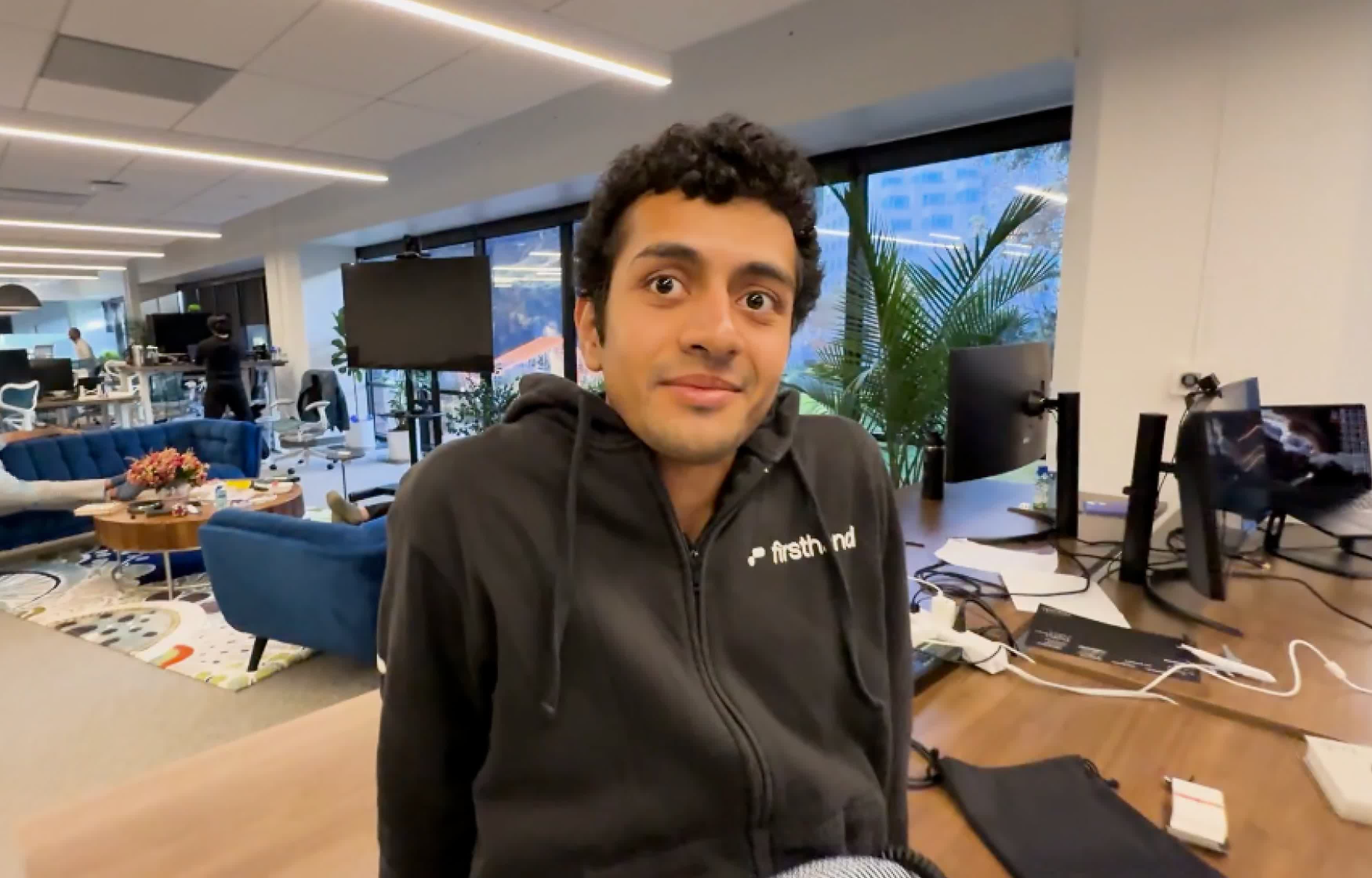A hot potato: Soham Parekh, a software engineer from India has become the focus of a sweeping controversy in Silicon Valley after admitting he secretly held multiple full-time jobs at tech startups, sometimes juggling as many as four roles at once. The episode has exposed vulnerabilities in remote hiring practices and ignited debate over the ethics of "overemployment" in the tech sector.
The story first gained traction when Suhail Doshi, co-founder and former CEO of Mixpanel, issued a public warning on X. "PSA: there's a guy named Soham Parekh (in India) who works at 3-4 startups at the same time. He's been preying on YC companies and more. Beware. I fired this guy in his first week and told him to stop lying / scamming people. He hasn't stopped a year later. No more excuses."
Doshi also shared Parekh's résumé, questioning the authenticity of his credentials. The post quickly went viral, prompting other startup founders to come forward with similar experiences.
Founders describe a pattern: Parekh would excel in interviews – sometimes outperforming dozens of other candidates – and secure lucrative offers, some as high as $200,000 per year.
"He really crushed my interview. I interviewed around 50 people in the two weeks prior, and he passed, by far, all of them," one founder told Fortune.
Yet once hired, Parekh's actual output was minimal. He reportedly offered a series of dramatic excuses for missed deadlines, including floods, illness, and even claiming that his building had been damaged by a drone strike during a regional conflict,despite being far from the affected area.
In some cases, Parekh's employers only discovered the deception after noticing activity on his public coding profiles during periods when he claimed to be unavailable.
"I noticed on his GitHub profile that he was committing code during the two weeks prior, including the week he claimed to be sick," said Marcus Lowe, co-founder of Create. Lowe later learned Parekh was simultaneously working for another startup, sync.so, and confronted him, but Parekh denied the overlap until a team video surfaced showing his involvement.
The full extent of Parekh's activities became clear as more founders compared notes. Within one Y Combinator cohort, several companies realized they had each hired or trialed Parekh – sometimes at the same time. "At some dinner events, somebody would start saying, 'Oh, I'm interviewing this cool guy – he crushed my interview,' and then people would say in unison, 'Oh, is it Soham?'" one founder recalled.
Parekh himself has not shied away from the allegations. In an interview on the TBPN tech show, he admitted, "It is true. I'm not proud of what I've done. That's not something I endorse either. But no one really likes to work 140 hours a week, I had to do it out of necessity." He attributed his actions to "extremely dire financial circumstances," insisting, "I did what I had to do to get out of a tough situation."
The controversy has also raised questions about the effectiveness of background checks and remote hiring protocols. Several founders admitted they did not verify Parekh's location or employment history, sometimes shipping equipment to a US address he claimed belonged to his sister, only to later learn he was working from India.
After the revelations, Parekh announced he had accepted an exclusive role at a single startup. "Earlier today, I signed an exclusive founding deal to be founding engineer at one company and one company only. They were the only ones willing to bet on me at this time," he posted on X.
Sanjit Juneja, founder and CEO of Darwin, confirmed Parekh's new role, stating, "Soham is an incredibly talented engineer and we believe in his abilities to help bring our products to market," in a statement to Fortune.
The incident has sparked a broader reckoning within the tech industry about the pressures of startup culture, the challenges of overseeing remote teams, and the growing phenomenon of workers quietly holding multiple jobs. As one founder put it: "It was embarrassing until yesterday when I realised how widespread it was. Then I was pissed. Then impressed. Still not sure how he pulled it off for so long with in-person startups with long hours, but appreciated the hustle. Hope he had a good reason. Feels like a stressful way to make money."
Image credit: Financial Express
"He crushed the interview": Silicon Valley duped by software engineer secretly working four jobs

